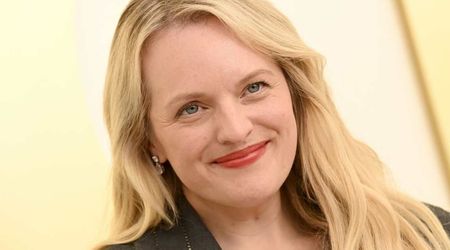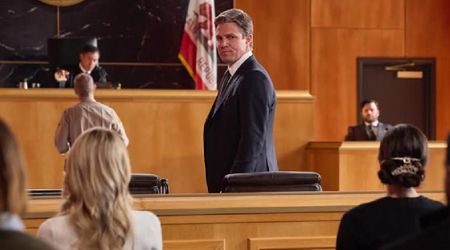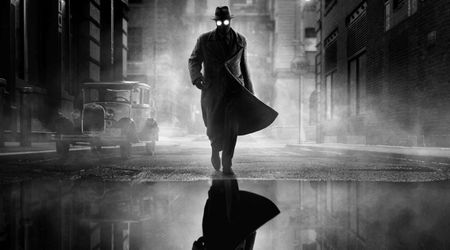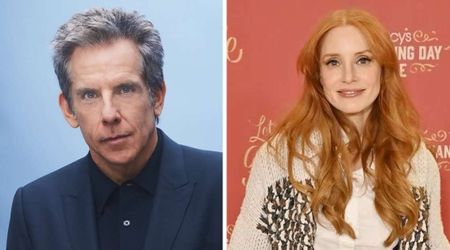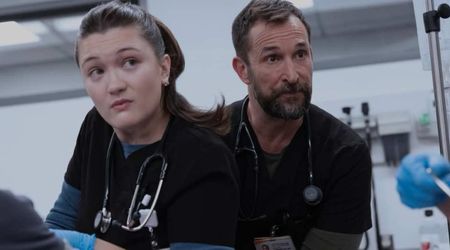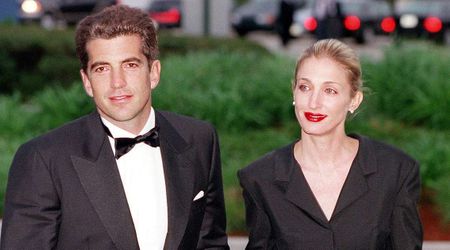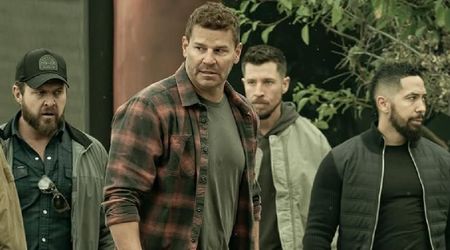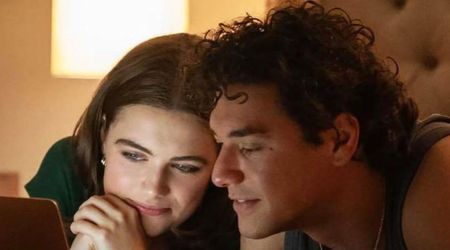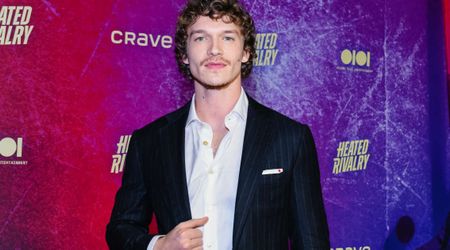'Bob Hearts Abishola': How the casting of Nigerian-origin actress Folake Olowofoyeku shows industry's attempt to stop pandering to stereotypes

The mastermind behind sitcoms 'Two and a Half Men' and 'The Big Bang Theory', Chuck Lorre is bringing a different kind of sitcom this fall to CBS. 'Bob Hearts Abishola' will star Billy Gardell ('Mike and Molly') and Folake Olowofoyeku and follows middle-aged sock businessman Bob who falls for his Nigerian-immigrant nurse, Abishola after he recovers from a heart attack. Through the sitcom, Lorre hopes to tell an immigrant story that is "an homage of what we’ve been through, what our ancestors have been through which is coming here and somehow finding a foothold and making a life for ourselves and for our children, and descendants."
At the outset, Lorre seems to be heading in the right direction in telling the story of Nigerian immigrants. For one, he has hired Gina Yashere to be an executive producer on the show to get all aspects of Nigerian culture right when portraying Abishola and her family. Yashere is a British comedian of Nigerian origin. Moreover, the character of Abishola will be played by Olowofoyeku, a Nigerian-American actress who grew up between Nigeria and the UK. This is a big deal in Hollywood, considering the industry has come under criticism in the past for hiring foreign actors in African roles that are portrayed in a generic manner.
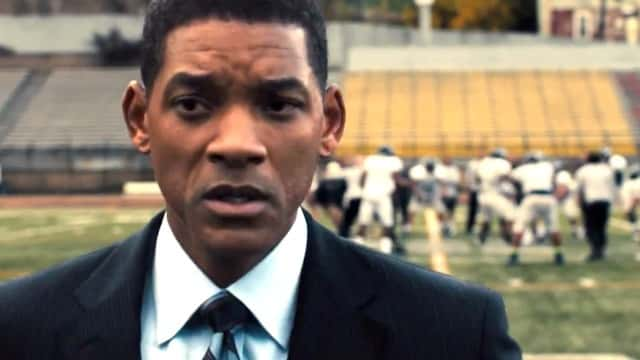
The most recent example is when American actor Will Smith played real-life Nigerian pathologist Dr. Bennet Omalu, who did research on brain injuries and degeneration suffered by professional football players in the 2015 film, 'Concussion'. Smith came immediately under fire as soon as the trailer released for his poor, mangled imitation of the Nigerian accent. Many noted how Smith's accent was a "generic African accent" that sounded nothing like a Nigerian accent. While Hollywood takes great care to differentiate between accents of European countries (say Italian or Spanish), the industry treats all 54 countries in the continent of Africa as one. Some viewers wondered why Chiwetel Ejiofor was not hired to play the part of Dr. Omalu, because though he may be British, he was born to Nigerian parents of Igbo descent.
Another instance of the "generic African accent" came when Morgan Freeman played the anti-apartheid revolutionary Nelson Mandela in the 2009 sports film, 'Invictus'. Similar criticisms were raised of Denzel Washington's portrayal of South African activist Steve Biko in the 1987 film, 'Cry Freedom'
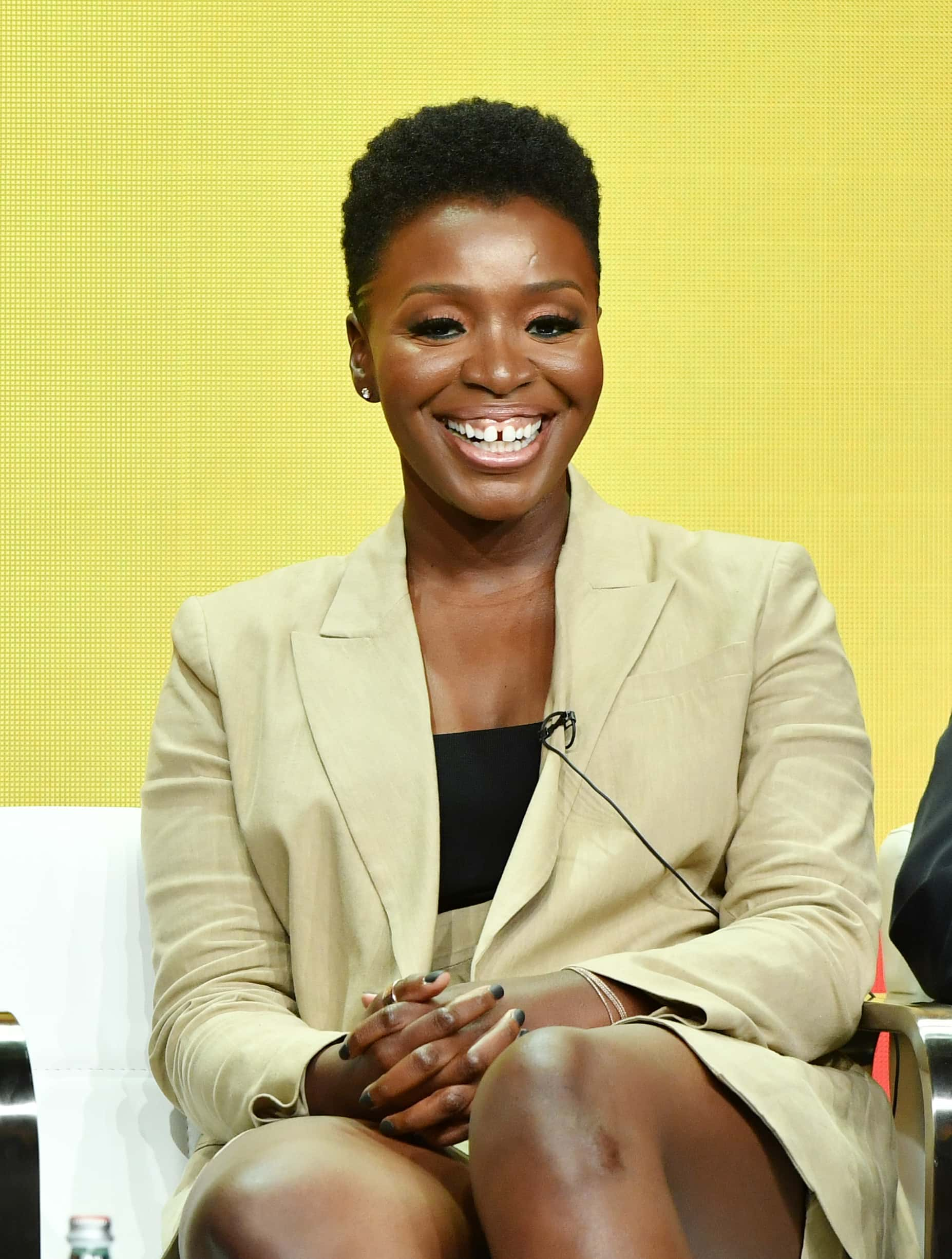
This is why the casting of Olowofoyeku in the role of the Nigerian immigrant Abishola comes as a breath of fresh air. But it's not just Olowofoyeku who is of Nigerian background. Shola Adewusi, who plays Abishola's Aunt Olu is also of Nigerian descent. The accents of Olowofoyeku and Adewusi have been hailed for its authenticity. In the trailer, Olowofoyeku is heard speaking flawless Yoruba, a language widely used in the West African countries of Nigeria and Benin.
Hollywood often tailors its stories about people of color around its white audience. For example, in the Netflix series 'Turn Up Charlie', where Idris Elba plays a British DJ born to Nigerian parents. The stereotypical and exaggerated portrayal of Elba's character, Charlie's relatives was lamented upon by its viewers. As writer and radio host, Bee Quammie told VICE, such depictions of immigrant characters on tv and film "cease to [be] real people and then become those one-dimensional tropes that are so popular today".
While Abishola's relatives are shown to be orthodox and controlling the trailer, one can hope that with the involvement of Yashere and Olowofoyeku, these portrayals are more subtle and realistic, instead of just being written as the butt of jokes with viewers reactions in mind.

